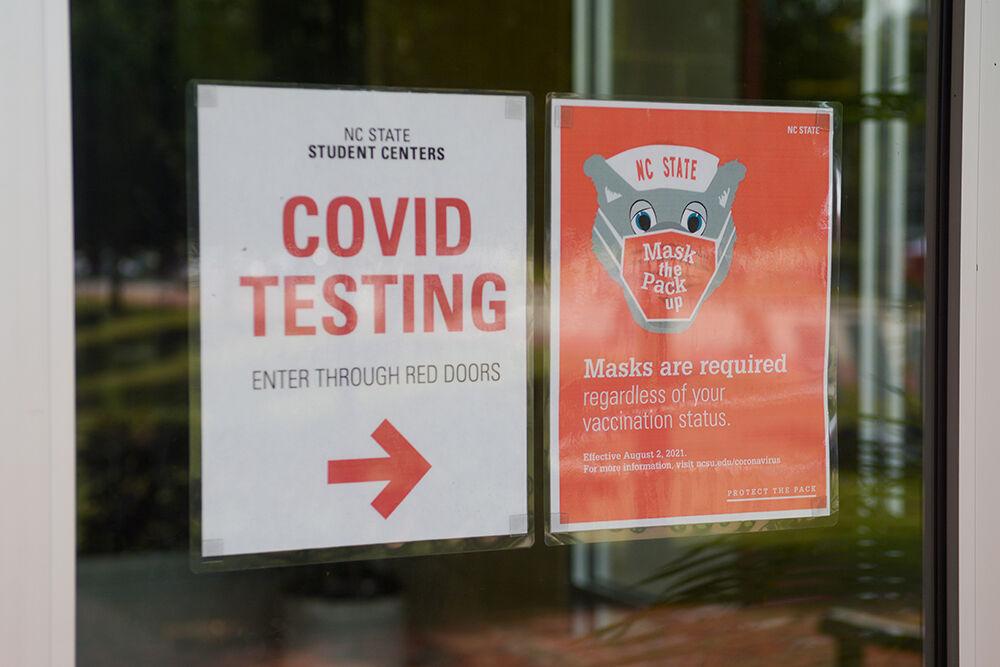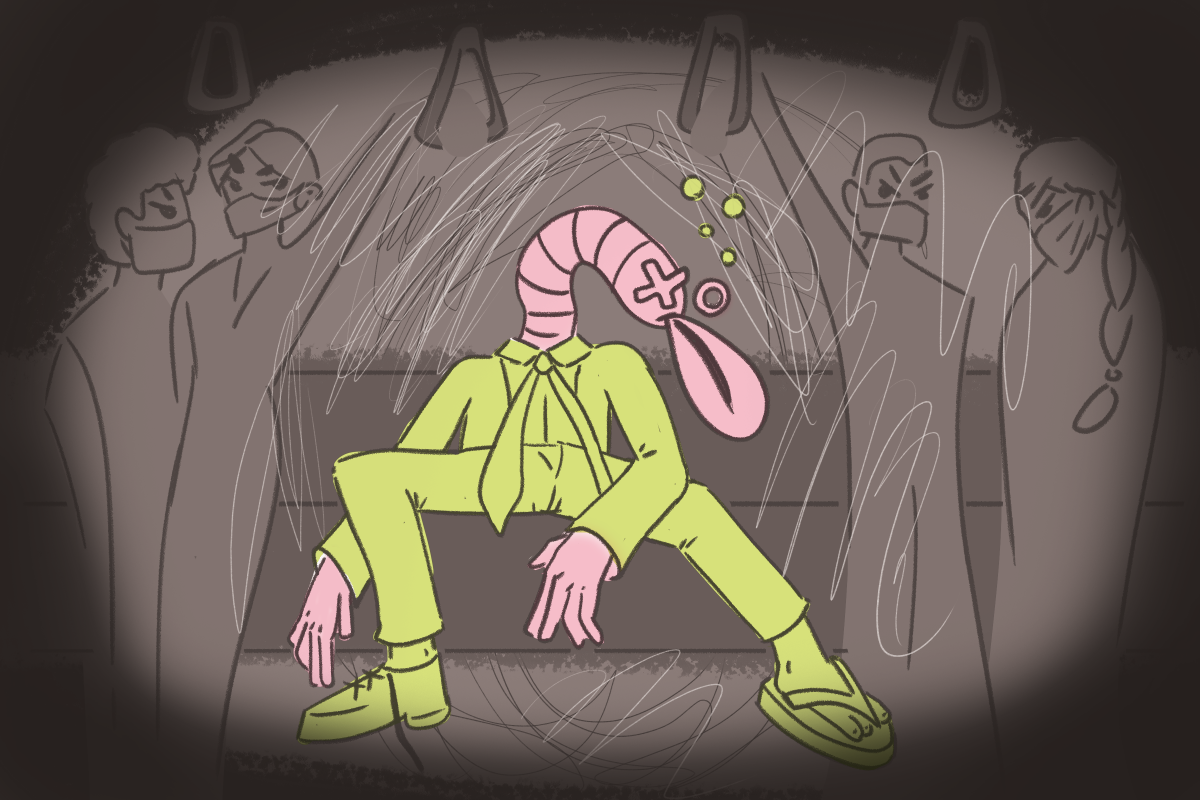2020 was always going to be an impactful year, as is any year that hosts a presidential election in the United States. But with the threat of COVID-19, our normal method — many people going to a public place and touching the same pencils — may not be viable come November. As a result, officials in every level of the government are trying to figure out how to best protect voters this fall.
In addition to instituting strong social distancing measures and supplying poll workers with masks and disinfectant, many are considering shifting the ballot box to the mailbox by expanding absentee voting.
In a recent address to the General Assembly, Karen Brinson Bell, the head of the state Board of Elections, recommended a number of significant changes to North Carolina’s election process. These include making election day a state holiday, creating an online portal to request absentee ballots and paying for return postage on ballots, all of which seem likely to greatly increase voting accessibility. The legislature should work quickly to create policies which would enable these changes so that our election in November can proceed without amplifying an already-widespread disease.
It may come as a surprise that, by law, all North Carolina citizens can request an absentee ballot for any reason, setting the state on par with California in this respect. Yet despite this, less than 5% of all ballots are cast this way in our state, versus roughly 60% in the past few elections for California.
The threat of the virus may alter that number, which would require a large shift in resources to receive, sort and count all of those ballots. It could also mean changes in the laws that govern elections in North Carolina, one of which requires all ballots to be counted within the precinct of the voter — an inefficient requirement when the ballots would all be sent to the county board of elections.
That said, implementing these changes during a difficult situation could pay dividends for voter participation in the future. According to MIT, widespread mail voting may result in modestly higher turnout in marquee general elections and substantially higher turnout in primaries and special elections. If the election becomes a state holiday, it could dramatically improve access for workers who can’t easily take time off to potentially wait in a long line to vote.
To ensure that people are fully aware of the option to vote by mail, the state should follow the example of Rhode Island, which is considering sending an absentee request form to all registered voters. And to ensure cost isn’t a barrier, the state should cover all return postage on election matters. While these proposals would be expensive, the state is already poised to receive federal money to improve its election infrastructure, which could take the edge off the price tag for policymakers.
Regardless of how it decides to proceed, North Carolina has to start planning for the election now so it has time to implement significant changes. Our leaders should use this opportunity to make positive changes which will enhance our democracy long after the coronavirus crisis has passed.



















